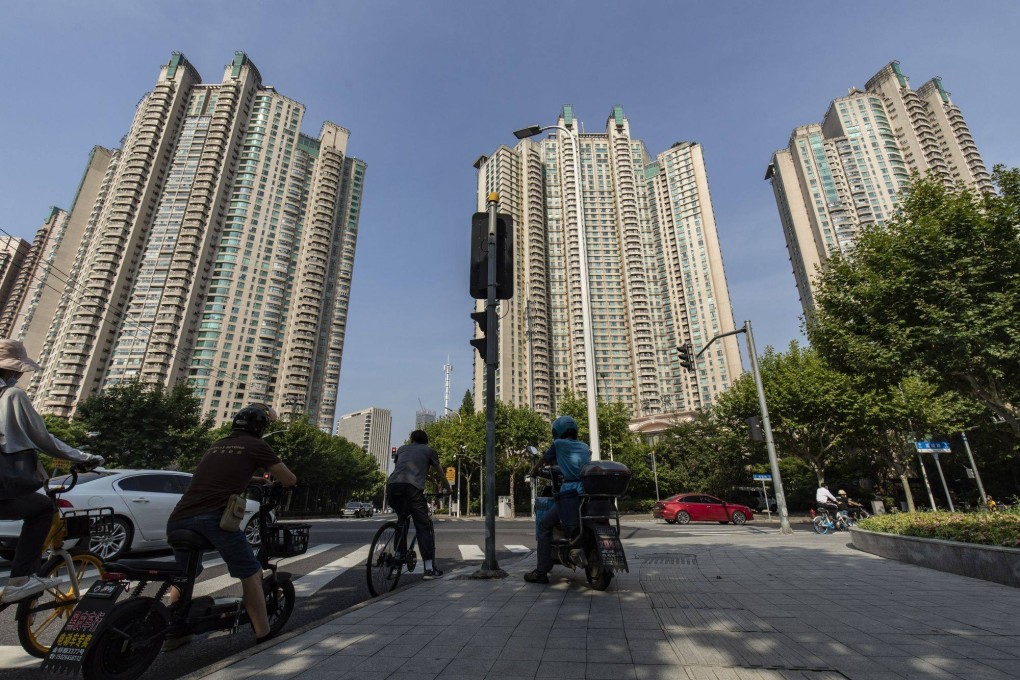Advertisement
China home prices fall for 10th month as property crisis deepens amid economic slowdown, credit crunch and mortgage boycott
- New home prices in 70 cities slipped 0.1 per cent from May, when they fell 0.17 per cent, the statistics bureau says
- Analysts say crisis is likely to deepen, with lower-tier cities bearing the brunt
Reading Time:3 minutes
Why you can trust SCMP
1

Property prices in mainland China fell for a 10th straight month in June, underscoring how government relief efforts are failing to curb the country’s spiralling real estate crisis.
New home prices in 70 cities, excluding state-subsidised housing, slipped 0.1 per cent from May, when they declined 0.17 per cent, National Bureau of Statistics said on Friday.
The decline is likely to deepen in the coming months, with lower-tier cities expected to bear the brunt of the worsening market, according to analysts.
Advertisement
“Weak market sentiment continues to weigh on the performance of property sales,” said Martin Wong, director and head of research and consultancy for Greater China at Knight Frank. “There [remain] worries about economic performance and debt issues. Prices will remain under pressure in the short term.”

Wong expects home prices in lower-tier cities to remain flat or decline by as much as 2 per cent. First-tier cities, however, are likely to gain between 2 per cent and 3 per cent.
Advertisement
Advertisement
Select Voice
Select Speed
1.00x